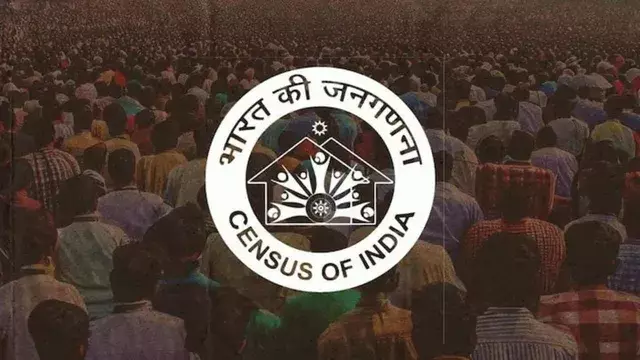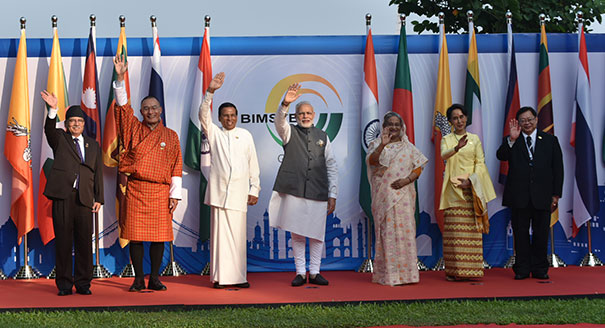- Courses
- GS Full Course 1 Year
- GS Full Course 2 Year
- GS Full Course 3 Year
- GS Full Course Till Selection
- Answer Alpha: Mains 2025 Mentorship
- MEP (Mains Enrichment Programme) Data, Facts
- Essay Target – 150+ Marks
- Online Program
- GS Recorded Course
- Polity
- Geography
- Economy
- Ancient, Medieval and Art & Culture AMAC
- Modern India, Post Independence & World History
- Environment
- Governance
- Science & Technology
- International Relations and Internal Security
- Disaster Management
- Ethics
- NCERT Current Affairs
- Indian Society and Social Issue
- NCERT- Science and Technology
- NCERT - Geography
- NCERT - Ancient History
- NCERT- World History
- NCERT Modern History
- CSAT
- 5 LAYERED ARJUNA Mentorship
- Public Administration Optional
- ABOUT US
- OUR TOPPERS
- TEST SERIES
- FREE STUDY MATERIAL
- VIDEOS
- CONTACT US
Original parent document not necessary to transfer property
Original parent document not necessary to transfer property
23-10-2024
- In Oct 2024, The Madras High Court ruled that Sub Registrars cannot refuse to register a property transfer document just because the original parent document is missing or a police non-traceable certificate is not provided if the document is lost.
- This ruling is important for upholding property rights under Article 300A of the Indian Constitution.
- The right to own property is protected under Article 300A, which says that no one can be deprived of their property except by law.
- This right is considered stronger than fundamental rights, meaning property rights cannot be limited without reasonable compensation.
- The main law governing property transfers is the Transfer of Property Act of 1882.
- The principle of caveat emptor (let the buyer beware) means that buyers must check that the property is free from any debts or claims.
What was the case?
- This ruling came from a writ appeal by P. Pappu, whose request to register a release deed for transferring her rights over ancestral property to her brother.
- But It was denied by the Sub Registrar in Rasipuram, Namakkal district.
- Pappu had provided a certified copy of the parent document from the same Sub Registrar's office, which the court found sufficient for registration.
Court’s Findings on Registration Rules:
- The Division Bench, made up of Justices R. Subramanian and R. Sakthivel, said that the Registration Act of 1908 provides limited reasons for refusing registration (specifically Sections 22-A and 22-B added in 2022 for Tamil Nadu).
- These do not include the lack of the original parent document.
- They criticized Rule 55-A of the Tamil Nadu Registration Rules, which seems to allow Sub Registrars to deny registration without proper reasons.
Issues with Non-Traceable Certificates:
- The court said that Rule 55-A offers an option to submit a non-traceable certificate if the original document is lost; however, getting this certificate can be expensive and difficult for ordinary people.
- The judges said that the process to obtain a non-traceable certificate often involves high fees and complicated steps, leading some individuals to get certificates from neighboring states.
Court's Observations:
- The judges emphasized that a certified copy could be checked against the original records in the Sub Registrar's office, making the requirement for a non-traceable certificate unnecessary and a waste of time.
- They warned that forcing people to obtain non-traceable certificates for lost documents could lead to dishonest dealings in property transactions.
What is Right to Property under Article 300A?
- The Right to Property in India has changed significantly over the years due to social, economic, and political shifts.
- Initially, it was a fundamental right under Articles 31 and 19(1)(f) of the Constitution when it came into effect in 1950.
- After the 44th Amendment in 1978, Article 300A was added, changing the right to a constitutional right from the fundamental rights and removing the earlier provisions.
- Article 300A states, “No person shall be deprived of his property save by authority of law.”
- The government cannot take away a person’s property without a valid law.
- Legal Status: The Right to Property is now a constitutional right. This means it has legal protection, but individuals cannot go to the Supreme Court under Article 32 for issues related to it.
- Judicial Clarification: In the case of Jilubhai Nanbhai Khachar vs. State of Gujarat (1994), the Supreme Court confirmed that the right under Article 300A is not a fundamental right.
Can the Government Acquire Property Under Article 300A?
- Authority to Acquire: Yes, the government can acquire property, but it must follow legal procedures.
- Legal Framework: This process is governed by the Right to Fair Compensation and Transparency in Land Acquisition, Rehabilitation, and Resettlement Act, 2013.
- Supreme Court Interpretation: In Kolkata Municipal Corporation & Anr. vs. Bimal Kumar Shah & Ors. (2024), the Court emphasized the importance of following proper procedures when acquiring property.
Rights and Duties in Property Acquisition
When the government acquires property, it must respect several rights and responsibilities:
- Right to Notice: The state must inform people about the plan to acquire their property.
- Right to be Heard: People should be allowed to express their objections.
- Right to a Reasoned Decision: The state must explain its decision to acquire property.
- Duty for Public Purpose: The acquisition must benefit the public.
- Right to Fair Compensation: People should receive fair payment for their property.
- Efficient Process: The acquisition process should be handled quickly and clearly.
- Right of Conclusion: The state must finish the acquisition process properly.
Compensation for Property Acquired Under Article 300A
- LARR Act, 2013: This law sets out how compensation is handled, aiming for a fair and transparent process.
- Compensation Factors: Compensation is based on the market value of the property, the cost of any structures on it, and the impact on people’s livelihoods.
- Entitlements: The Act provides support for people affected by the acquisition, including help with relocation and resettlement.
Exceptions to the Right to Property
- The Right to Property is not absolute; there are exceptions.
- Eminent Domain: This allows the government to acquire property for public purposes, such as building roads or schools, but it must follow legal procedures and offer fair compensation.




